Copyright 2007-25 Digital Media Law Project and respective authors. Except where otherwise noted,
content on this site is licensed under a Creative Commons Attribution-Noncommercial-ShareAlike 3.0 License: Details.
Use of this site is pursuant to our Terms of Use and Privacy Notice.
content on this site is licensed under a Creative Commons Attribution-Noncommercial-ShareAlike 3.0 License: Details.
Use of this site is pursuant to our Terms of Use and Privacy Notice.


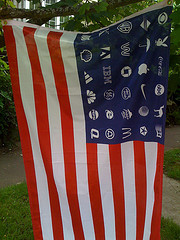 Earlier this week the CMLP (under its new name, the Digital Media Law Project) sought leave to file
Earlier this week the CMLP (under its new name, the Digital Media Law Project) sought leave to file 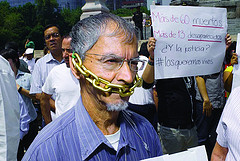 Thanks to its ongoing war against the drug cartels, Mexico is one of the most dangerous places in the world for a journalist to work.
Thanks to its ongoing war against the drug cartels, Mexico is one of the most dangerous places in the world for a journalist to work.
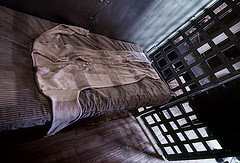 At a recent presentation during which I reviewed a number of cases and
court rule changes regarding juror use of social media and the Internet
during trial, an audience member asked me why American courts appeared
to be so lax in the face of such juror misbehavior, such as the Texas
case in which a juror who sent a "friend" request to the defendant in a
personal injury case
At a recent presentation during which I reviewed a number of cases and
court rule changes regarding juror use of social media and the Internet
during trial, an audience member asked me why American courts appeared
to be so lax in the face of such juror misbehavior, such as the Texas
case in which a juror who sent a "friend" request to the defendant in a
personal injury case 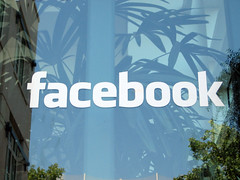
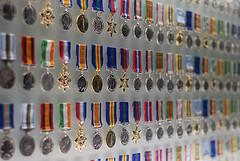 David Perelman served in Vietnam for all of three months back in 1971, and returned to the U.S. without a scratch.
David Perelman served in Vietnam for all of three months back in 1971, and returned to the U.S. without a scratch.
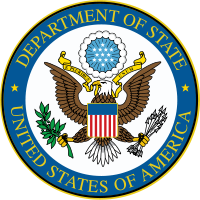 The U.S. Department of State maintains a
The U.S. Department of State maintains a 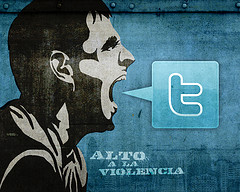 Imagine you live in a country where criminal attacks on civilians are alarmingly familiar, and reliable reporting from the local media is regrettably unfamiliar. You hear about an attack on your local school, so you take to the Internet to spread the word on Facebook and Twitter to warn people before it's too late. Mercifully, the report you heard was mistaken, and everything's okay...
Imagine you live in a country where criminal attacks on civilians are alarmingly familiar, and reliable reporting from the local media is regrettably unfamiliar. You hear about an attack on your local school, so you take to the Internet to spread the word on Facebook and Twitter to warn people before it's too late. Mercifully, the report you heard was mistaken, and everything's okay...
 If you've been living in Boston, you've undoubtedly heard the recent uproar over a local website publishing a photo of Ben Brady, the 20-month-old son of New England Patriots quarterback Tom Brady and supermodel Gisele Budchen, playing with his parents on a Costa Rican beach.
If you've been living in Boston, you've undoubtedly heard the recent uproar over a local website publishing a photo of Ben Brady, the 20-month-old son of New England Patriots quarterback Tom Brady and supermodel Gisele Budchen, playing with his parents on a Costa Rican beach.